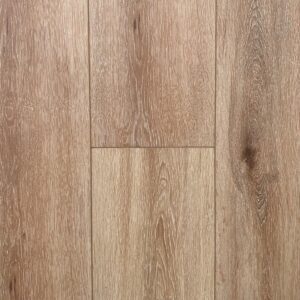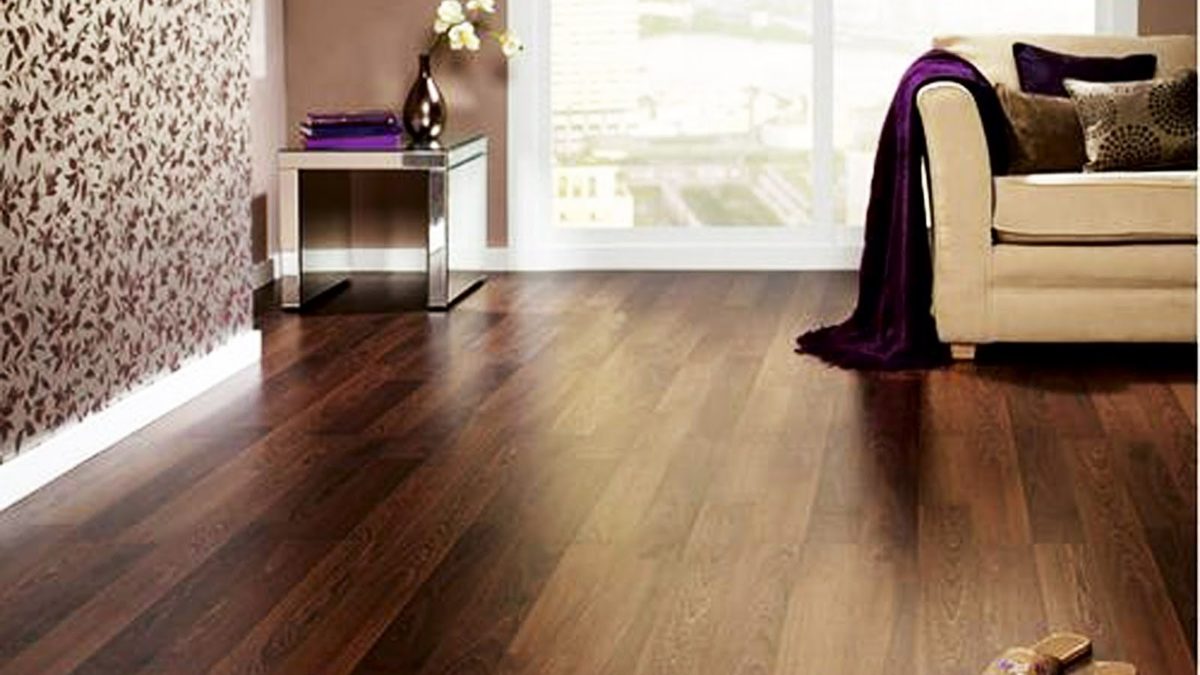As a homeowner, you’re constantly looking for ways to improve your home and increase its value. Replacing your flooring is a big decision, and you want to make sure you’re choosing a material that will give you the best return on your investment. Laminate flooring has become increasingly popular in recent years, known for its affordability and durability. But does it actually increase your home’s value? That’s a question many homeowners ask, and the answer, like many things in real estate, isn’t a simple yes or no.

Image: mromavolley.com
I remember when I first moved into my home, the flooring was tired and outdated. I wanted something that was both stylish and practical. After researching, I chose laminate flooring for its durability and cost-effectiveness. I was worried, though, that it wouldn’t add value to my home. Over time, I’ve seen how much the laminate flooring has enhanced the look and feel of my home, and I’ve noticed that when I visit other homes with laminate, it definitely leaves a good impression. But does this translate to a tangible increase in value?
Laminate Flooring and Its Appeal
Laminate flooring is a synthetic flooring option that’s designed to mimic the look of hardwood. It’s made up of multiple layers, with a decorative layer on top that gives it the appearance of real wood. Laminate flooring is a great option for those who want the look of hardwood without the high cost. It’s also very durable and easy to maintain, a huge perk for families with pets or kids.
However, it’s important to remember that laminate is not hardwood. It’s a less expensive option, and there are some differences that buyers may notice. One of the primary differences is the materials. Hardwood, as the name suggests, is made from real wood, while laminate is a less expensive composite material. Since real hardwood is a natural product, it tends to have more variations in its grain and color. It also has a more natural feel, thanks to the wood’s unique texture. Laminate flooring, on the other hand, has a more uniform appearance. The difference in materials and appearance could be perceived differently by buyers.
Understanding the Impact on Home Value
So, does laminate flooring actually increase home value? The answer, unfortunately, is not a simple yes or no. It depends on a variety of factors, most notably the quality of the laminate flooring, the overall condition of your home, and the preferences of potential buyers in your area.
High-quality laminate flooring can definitely add value to your home. It can enhance the look and feel of your space, and it can also make your home more appealing to potential buyers. However, if you install low-quality laminate floors, it might not make a big difference, or might even detract from your home’s value, especially if it’s visibly worn or needs frequent repairs.
The overall condition of your home also plays a significant role. If you have a home that’s in need of major renovations, installing laminate flooring might not be enough to increase its value. Potential buyers might focus on the other issues that need addressing, and the new flooring may get overlooked. However, in a well-maintained home, laminate flooring can certainly be a positive feature. The impact is even greater when you consider that a home needs to be updated to appeal to buyers who want a modern look and feel. Many potential buyers will expect a level of modern design and features, and laminate flooring can often tick that box.
Finally, the preferences of potential buyers should be considered. In some areas, buyers may be willing to pay a premium for hardwood flooring, as they’re willing to invest in a more “natural” product and its associated prestige. Other buyers may appreciate the practicality and affordability of laminate flooring. Researching your local market and understanding local preferences is crucial before making any flooring decisions.
Tips for Maximizing the Value of Laminate Flooring
If you’re considering installing laminate flooring, here are a few tips to maximize its value:
- Choose a high-quality laminate flooring: Look for laminate flooring with a high-quality core and a durable wear layer. This will ensure that your flooring can stand up to everyday wear and tear.
- Choose a neutral color: A neutral color will appeal to a wider range of potential buyers. Avoid bold colors or patterns, which could limit your market appeal.
- Install the flooring properly: Make sure the flooring is installed correctly. Poor installation can lead to problems down the road, and can detract from the appearance of your flooring.
- Keep the flooring clean and well-maintained: Just like hardwood, laminate floors should be well-maintained. Clean up spills promptly and regularly sweep or vacuum the flooring.
By following these tips, you can ensure that your laminate flooring investment is a wise one. It can add value to your home while also enhancing its look and feel.

Image: www.sgwoodflooring.com
Expert Advice from a Real Estate Agent
I recently sat down with a local real estate agent to get his expert opinion on laminate flooring in the current market. He shared this valuable insight: “Buyers are becoming more knowledgeable about the different types of flooring available. When they see laminate that’s well-maintained and looks high-quality, they understand that it’s a good investment. It’s a sign the homeowner has cared for their property. However, if the laminate is outdated or visibly worn, it could be a red flag.” This confirms that in many cases, laminate flooring can be a positive feature, but its impact depends largely on its condition and the impression it leaves on a potential buyer.
He also advised that it’s always a good idea to consult a real estate agent before making any major renovations. They’ll be able to give you advice specific to your local market and can help you make the best decisions for your home.
FAQ About Laminate Flooring
Q: Is laminate flooring waterproof?
A: Many laminate floors are water-resistant, but they’re not waterproof. It’s important to select laminate flooring with a high-quality water-resistant core. Water resistance isn’t the same as waterproof, so avoid exposing laminate flooring to prolonged moisture or flooding.
Q: How long does laminate flooring last?
A: With proper care, laminate flooring can last for 10-20 years. It’s a durable flooring option that can withstand a lot of wear and tear.
Q: Is laminate flooring better than hardwood?
A: There’s no definitive answer to this question. Laminate flooring is a good value for money option, and can be a great alternative to hardwood. However, hardwood is a higher-end flooring option with a more traditional look and feel. Your choice will depend on your budget, personal preferences, and your specific needs.
Does Laminate Wood Flooring Increase Home Value
Conclusion:
In conclusion, laminate flooring can be a good investment if you install high-quality flooring, maintain it properly, and keep in mind the preferences of potential buyers in your area. When choosing a flooring material for your home, you have many options to consider. Laminate flooring is a good, affordable option that can add value to your home, but don’t forget to do your research, make wise choices, and consider seeking professional advice!
Do you have any questions about laminate flooring or its impact on home value? I’d love to hear your thoughts!





